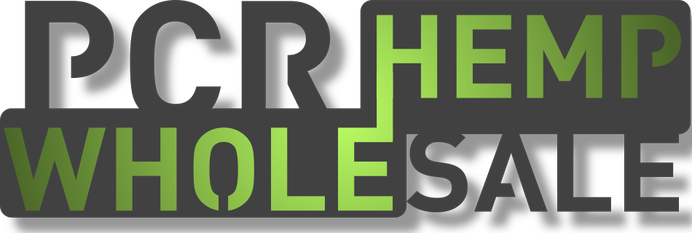|
Hemp and CBD have been on the rise in privation in the united states, but they are becoming more imperative to the way farmers do business in 2019. The hemp farming act decriminalized CBD in 2018, giving farmers an opportunity to start growing freely under a limited contrast of regulation. In December 2018, the federal farm bill removed a ban that classified hemp as a controlled substance equivalent to schedule 1 drugs. The shift coincided with the sudden popularity of CBD, which some claim can soothe ailments from depression to inflammation. Many don’t know that its now on the verge of saving farmers livelihoods throughout the United States. When the trade wars occurred in 2018, many farmers were left stranded with nowhere to sell their crops.
President Donald Trump, as part of an effort to strengthen US economies, placed certain tariffs on goods coming into the United States from China. This led to a Chinese retaliation , or “trade war” which imposed tariffs on US goods exported into China. The major exports of the US into China, are mainly crops and raw materials. This ultimately took a huge hit on farmers who focus primarily on crops such as soybean and corn. Hemp is a diverse product and can be used for many applications, however, a projected 87% of hemp crops will be used for CBD this coming year. People ultimately don’t understand what hemp really is. Hemp was previously grown in American fields until the early 1930s, when it was generally included in federal legislation that restricted marijuana. Even then, it was not eradicated: Wild hemp is often referred to as “ditch weed” and was something that was widely known to be a dry cellulosic nuisance, instead of a controlled substance. Farmers who have been working with hemp such as Casey Mahoney, a mid 20’s man with a green thumb working on Pueblo Colorado hemp farm. He has been seeing the climb of CBD in the last few years in the surrounding area. “Many farms who produce products like corn, soybean, and alfalfa, have been switching to hemp as a means of supplementing their bottom line.”Mr. Mahoney states. Mr. Mahoney goes on to say, “We are being looked at under a closer microscope” as he references the department of agriculture who is focusing more on CBD than ever before. “As more crops come online, the DOA has an obligation to make sure these crops are produced in line with the federal regulation that has been put into place.” Hemp must contain no more than .3% THC when its in a natural state. This is tested by pulverizing the plant and testing chemical concentrations within the fibers. If these tests come back above the .3% THC limits, the crop must be incinerated. Many farmers that get approvals from the DOA fall victim to this practice more often than they would like to admit. This year, just under 1,000 farmers in Illinois applied to grow fewer than 23,000 acres of hemp, according to John Sullivan, the director of the Illinois Department of Agriculture. These farmers are hopefully the hemp and CBD sales will help turn them a profit to meet their bottom line. Farmers state that every time they put corm or soybeans in the ground, it becomes a risk. Losing only 1 or 2 customers puts them in harms way while international economies continue to suffer. Farmers must adapt to growing trends or demands, or they risk losing their families farms and livelihoods. Hemp has a number of great uses. One of which is taking processed fibers from the hemp stalks and sending them to the Florida everglades for use in construction materials. Hemp stalk is a very strong cellulosic fiber that can be used for roadways. Its laid down under rubberized asphalt and us showing tremendous results in resilience. The hemp fibers help strengthen the roads allowing them to move and shift as water levels fluctuate in the area. They are decreasing the man hours needed for repairs by up to 35%. Customers who buy CBD should focus on the sources of their products when making decisions. US grown product will always be superior to foreign CBD, due to our highly regulated industry standards. Currently it is illegal to import CBD from out of the country, although many CBD oil companies choose to purchase from these sources. The reason is price. With a lack of regulations, these crops are able to produce outside go GMP standards. Understanding what the direction for hemp oil and broad spectrum hemp products will be, is completely unknown. As for now, farmers are taking a risk and rolling the dice on hemp crops. Until the US economy stabilizes with Chinese markets, we will see fluctuations in the demand for other crops, giving way for hemp to prosper in US soil. About 3% of CBD companies actually have a relationship with their hemp farm, and most of the 97% have no idea what country their products are actually coming from. Ask your CBD supplier for a department of agriculture certification so you know that your product is grown by one of our very own hard woking US farmers who is abiding by current US laws. At PCR Hemp Wholesale, we post all of our certifications on our testings page. Feel free to verify test results and federal requirements by following the links below. Certifications Testings
0 Comments
|
AuthorEvan Forsythe Archives
February 2023
Categories
All
|


 RSS Feed
RSS Feed